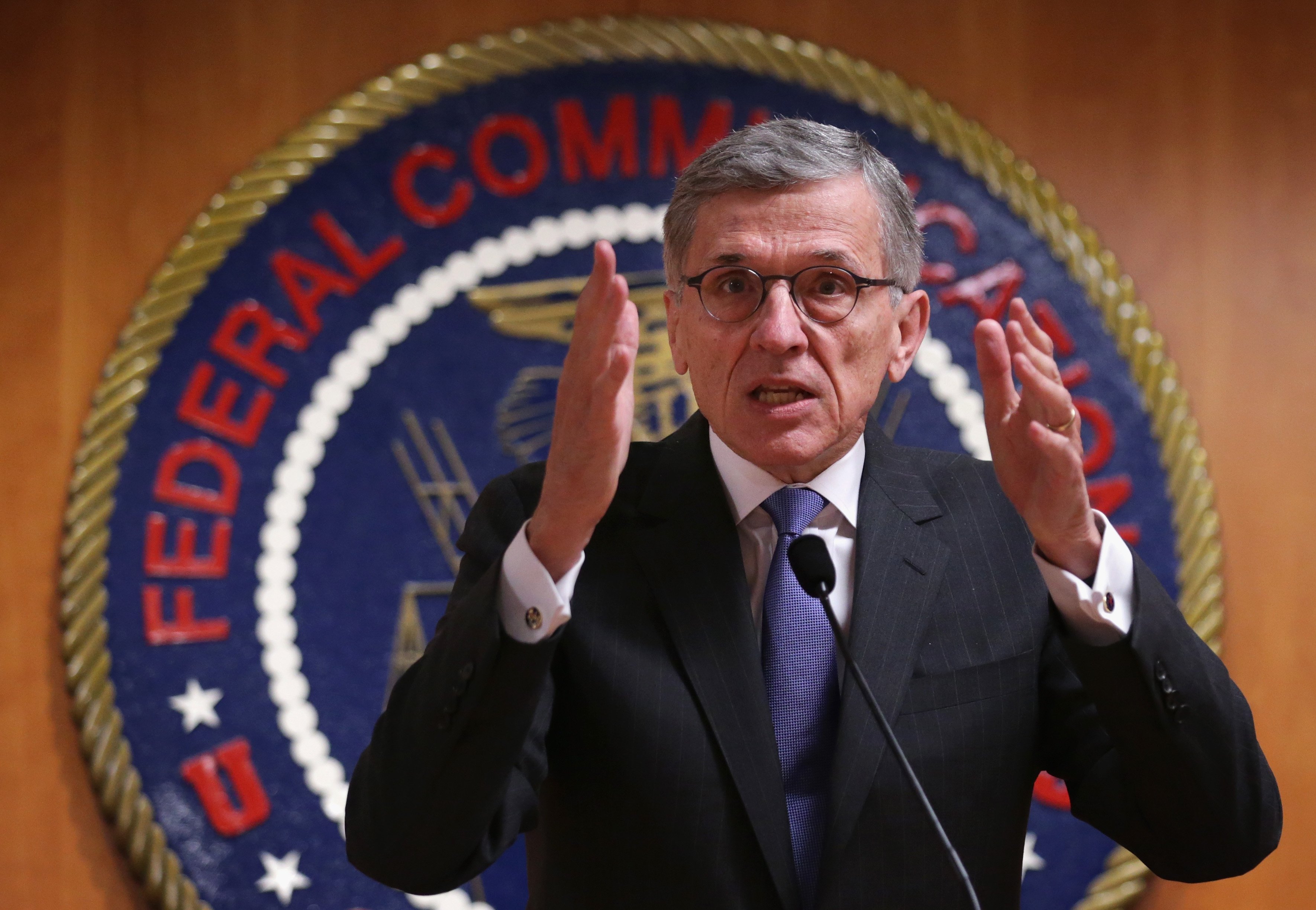
In the few weeks to come, we’ll have a complete, several hundred page document outlining the full breadth of the Federal Communication Commission’s net neutrality rules; but, in the meantime, we’ll have to settle with the FCC’s four page document summarizing what the proposal does and does not do. Which isn’t exactly a bad thing for those of you partial to the TL; DR version of things.
In a last minute twist of fate, or rather, following some intense pull from President Obama himself, the ex-cable-and-Internet-lobbyist-turned-FCC Chairman, Tom Wheeler, has finally turned on his former bosses and vowed to move forward with Title II of the Communications Act, reclassifying Internet service providers (ISPs) as common carriers.
What this means for us pedestrians, is that ISPs are not allowed to throttle or block Internet content, nor will they will they be allowed to prioritize content in exchange for payments. Thus, ISPs cannot extort content providers, whether they be Netflix or YouTube, with threats of slower service if certain fees are not paid. The new regulation will apply to home Internet services such as fiber, cable, DSL, as well as to the mobile broadband networks accessed through smartphones.
Other rules and/or changes include:
Data caps
1.) Data caps have not been banned, however, the FCC is allowed to intervene if the caps were ever used to harm (extort) consumers or competitors.
Full-disclosure
2.) ISP will be required by law to disclose their network management practices. It’s currently unclear how the new proposal differs from the 2010 anti-discrimination previously thrown out.
Loophole
3.) The term “reasonable network management,” is cited as a way of giving ISPs leeway to “manage the technical and engineering aspects of their networks.” Taken out of context, this clause would seemingly appear to create exceptions to the anti-discrimination rule; however, it’s explicitly stated that “reasonable network management” cannot be justified as the basis for meeting a business need. Meaning — in the words of the FCC itself — “provider can’t cite reasonable network management to justify reneging on its promise to supply a customer with ‘unlimited’ data.”
The means of regulating unforeseen behavior
4.) A “standard for future conduct” parenthetical is added to ensure ISP’s don’t uncover loop-holes for creating a non-neutral Internet. The FCC’s summary sheet describes this clause as a procedure for determining whether new practices should be allowed. “The proposal would create a general Open Internet conduct standard that ISPs cannot harm consumers or edge providers.”
Authority to investigate claims
5.) Content delivery networks like Netflix will now have the ability to voice complains if ISPs throttle the online content as it makes its way to consumer over the ISP’s network. To clarify; ISPs charge Netflix a fee to connect to their networks, but have tried in the past to erect tolls along the way that throttles data speeds as it makes way to end user’s home, unless an additional fee is paid.
The new net neutrality proposal doesn’t ban these agreements, but it grants the FCC “authority to hear complaints and take appropriate enforcement action if necessary, if it determines the interconnection activities of ISPs are not just and reasonable, thus allowing it to address issues that may arise in the exchange of traffic between mass-market broadband providers and edge providers.”
No new fees
6.) Title II will not increase user fees by $15 billion per year as opponents have often argued. The new order, the FCC tells us, will not impose, suggest, or authorize any new taxes or fees on Internet services because the prohibition on Internet taxation will continue. Broadband providers will not be required to contribute to the Universal Service Fund (USF), a fund which subsidizes telecommunication projects in underdeveloped areas.
Google Fiber’s fruition
7.) Google Fiber will have an easier time flourishing, as the new ruling grants it access to a number of infrastructures controlled by utilities, including pole access, rights-of-ways, and more. However, pole access may now wind up costing broadband providers more as “how you’re classified affects what you have to pay,” explained a cable industry lawyer to Ars.
FCC to model the FTC
8.) Other sections of Title II that will apply include: investigations of consumer complains, privacy protections, and protections for disabled people. Essentially, some of the FCC’s new duties will directly parallel those of the Federal Trade Commission.
Source: Ars Technica/Politico
Advertisement
Learn more about Electronic Products Magazine





